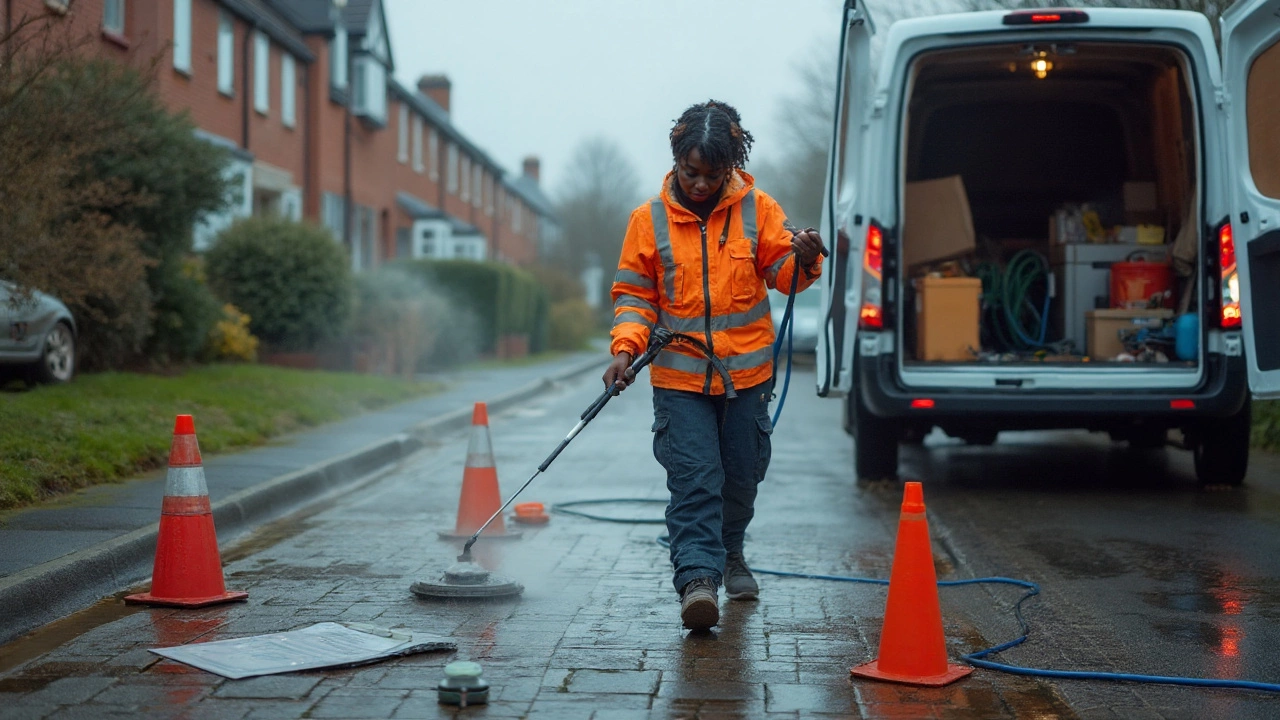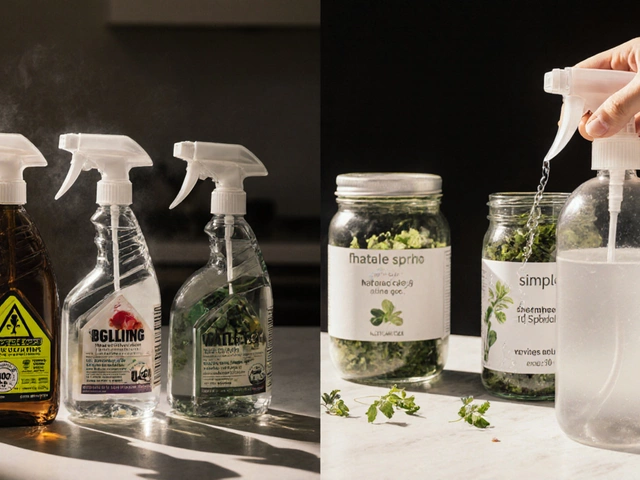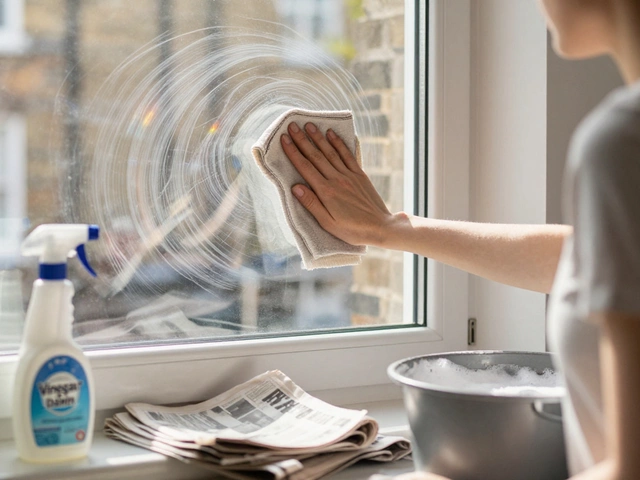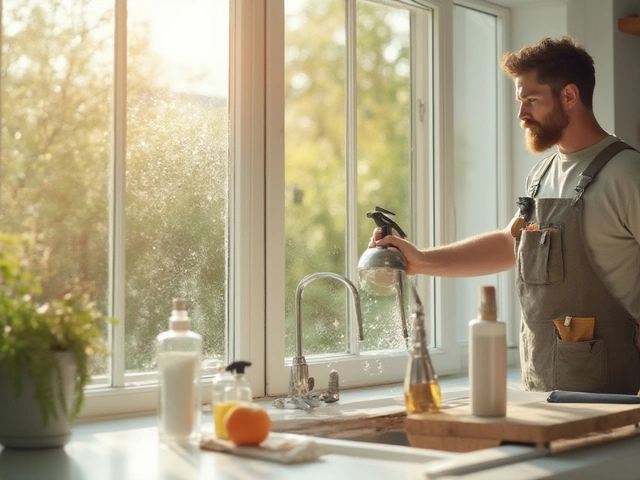Start a Pressure Washing Business UK: Your Roadmap to Success
When planning to start a pressure washing business UK, you’re looking at a fast‑growing service market that blends low‑tech equipment with high‑tech marketing. Also known as pressure cleaning startup, it requires a clear plan for gear, cash flow and customer outreach. The first step is to define the core of your venture so you can match the right tools and tactics.
One of the most critical pieces of gear is pressure washing equipment, a high‑pressure pump, hose, wand and appropriate nozzles that determine cleaning power and efficiency. Choosing the right PSI (pounds per square inch) and GPM (gallons per minute) range can make the difference between a quick job and a back‑breaking slog. A mid‑range 3,000‑4,000 PSI unit usually covers residential roofs and driveways, while commercial contracts often demand 4,000‑5,000 PSI units with hot‑water options.
Beyond gear, you need to understand the financial side. business startup costs, include equipment purchase, insurance, vehicle, branding and licensing fees typically run between £5,000 and £12,000 for a solo operator. Budgeting for insurance is non‑negotiable; public liability and equipment coverage protect you from costly claims. A simple spreadsheet that tracks each expense against projected revenue can keep cash flow in check during the first six months.
Marketing Strategies That Bring Jobs
Even the best equipment won’t sell itself. marketing strategies, like local SEO, Google My Business, flyers and partnership with property managers drive the first wave of customers. Optimising for keywords such as "pressure washing Isle of Wight" or "garden cleaning Portsmouth" helps you appear when homeowners search for help. Referral incentives—offering a discount for every new client a current customer brings—can quickly grow a loyal base without large ad spends.
Pricing is the bridge between costs and profit. pricing models, range from flat‑rate per job to hourly rates and tiered packages for recurring services should reflect your equipment depreciation, travel time and labour. A common approach is to calculate a base cost (equipment + fuel + insurance per hour) then add a margin of 30‑40 %. For example, a 2‑hour driveway clean might be quoted at £150, covering both material costs and a healthy profit.
All these elements—equipment, costs, marketing and pricing—interact to form the business’s profit engine. A solid profit margin often sits between 25‑35 % once recurring customers are secured. Tracking each job’s actual expense versus the quoted price lets you fine‑tune rates and spot unprofitable jobs early.
Now that you’ve seen how the pieces fit together, you’re ready to explore deeper insights. Below you’ll find a curated collection of articles that break down each topic, from choosing the perfect pump to crafting a winning local ad campaign. Dive in and start turning your pressure washing vision into a thriving UK business.





